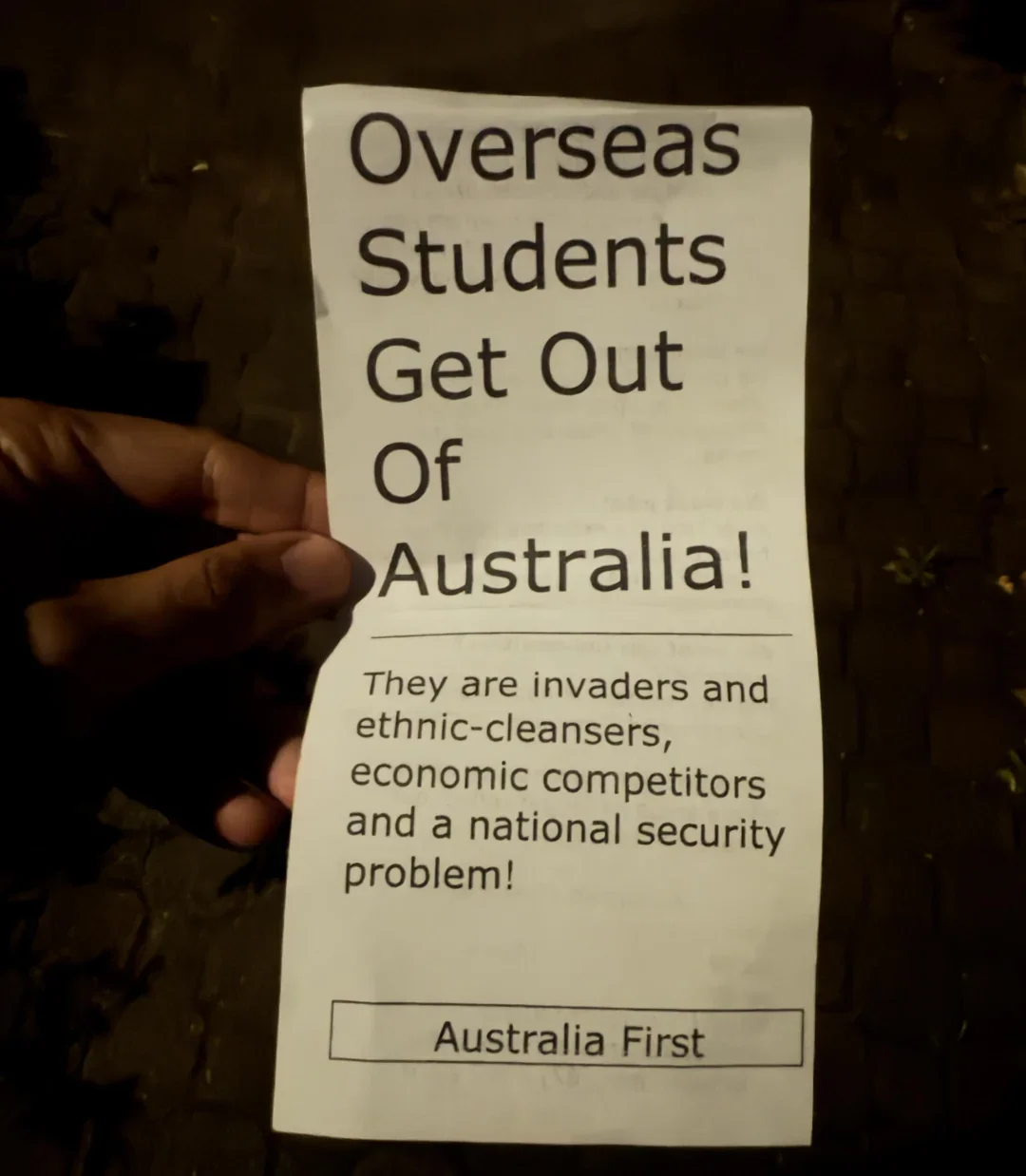International Student in Sydney Receives Hate Letter: A Glimpse Into Australia’s Growing Immigration Tensions
A troubling incident in Sydney has sparked outrage and concern across social media this week. An international student studying in the city discovered a threatening letter in his mailbox that read: “Overseas students get out of Australia.” The note went on to accuse international students of being “invaders” and “ethnic cleansers.” Shocked and disturbed, the student posted an image of the letter on the subreddit r/Sydney, saying that it had made him feel “bad.”
The post quickly gained attention and sympathy from fellow users. One commenter wrote, “That’s insane and next level stalking.” Another added, “You’re not the problem here. They are.” A third user chimed in with a particularly pointed message: “Whoever wrote this is less welcome in Australia than you are. We all have minority numbers.”
The incident may appear isolated, but it reflects a deeper unease rippling through Australia’s immigration and education landscape. It highlights how policy debates, public frustration, and social tensions can intersect in ways that make vulnerable groups — like overseas students — feel unsafe and unwelcome.
A Nation Built on Migration — But Feeling the Strain
Australia has long relied on international students as both cultural contributors and economic drivers. Education is one of the nation’s largest service exports, bringing in billions of dollars annually. Beyond economics, international students enrich Australia’s campuses and cities with language, culture, and global perspective.
Yet in recent years, the tone has shifted. Rising living costs, a worsening housing crisis, and political anxiety around population growth have made migration a flashpoint issue. The federal government has floated the idea of capping international student numbers, claiming that the influx of temporary migrants is straining housing supply and infrastructure. Universities and education bodies, however, warn that such measures could harm Australia’s global reputation and damage the nation’s economy.
At the same time, the government has tightened visa rules, increasing the minimum savings requirement for student applicants and introducing stricter English-language and compliance standards. While these policies are often justified as measures to ensure integrity in the education system, critics say they risk feeding a perception that international students are being treated as a problem rather than as partners in Australia’s success.
The national debate has been heated. Some commentators have drawn inflammatory comparisons between student arrivals and “boat people,” a phrase long associated with anti-refugee rhetoric. Universities and multicultural advocates have condemned such language, arguing that it misrepresents the reality — that most international students come through legal channels, pay high fees, and contribute significantly to the country’s growth.

